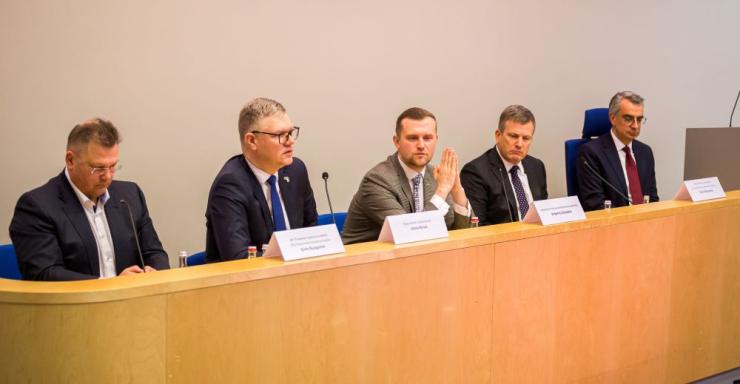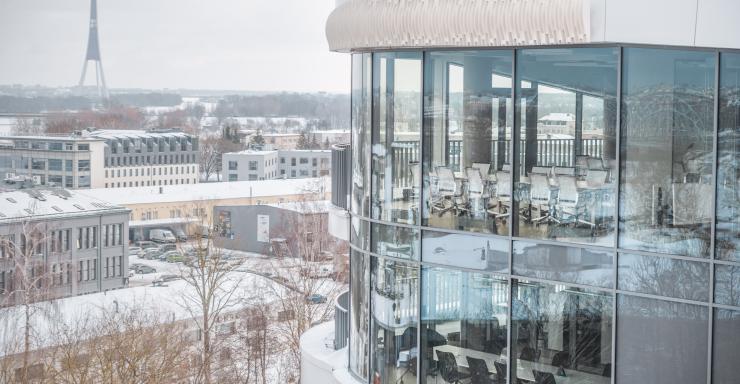On Tuesday, January 14, the government approved the conceptual report developed by the Ministry of Education and Science on the transition to cyclical accreditation for universities and colleges – a new model for cyclical accreditation. This model will be gradually introduced from 2025 to 2027. The new approach will strengthen university autonomy, promote accountability, and foster higher education and research excellence.
The conceptual report, “On the Transition to Cyclical Accreditation for Universities and Colleges”, aims to foster a more effective and modern evaluation of higher education quality grounded in best practices from the European Higher Education Area.
Lana Frančeska Dreimane, Director of the Department for Higher Education, Science, and Innovation at the Ministry of Education and Science, emphasizes: “The transition to a cyclical institutional accreditation model will enable universities and colleges to focus on the essential aspects of their operations while ensuring transparency and compliance with international standards. The new model will drive the growth of higher education in Latvia and benefit society by fostering a high-quality workforce and innovation.”
Cyclical institutional accreditation involves regular evaluation of a university or college’s overall operations, including governance, resources, internal quality assurance, studies, research, and societal impact. The assessment of operational aspects will encompass the areas defined in the higher education quality concept: alignment with objectives, inclusive environment, education and research quality, and good governance. Depending on the type of institution, evaluation principles will be established through regulatory frameworks, with specific criteria defined in the guidelines and methodology developed by the Quality Agency for Higher Education (AIKA).
The cyclical institutional accreditation model is expected to reduce the administrative burden by eliminating current external quality assessment procedures (evaluation and accreditation of study fields) and optimizing costs and processes. As a result, institutions will receive a comprehensive evaluation of their operations, including an assessment of their compliance with the institution type defined by the founder. Accreditation can be granted for seven years, three years (up to two consecutive times), or denied.
The proposals included in the conceptual report for transitioning to cyclical accreditation foresee amendments to regulatory acts (laws and Cabinet of Ministers regulations), the development of AIKA methodologies and guidelines, and pilot accreditation procedures. With support from EU funds, three pilot cyclical institutional accreditation procedures are planned, with outcomes equivalent to full institutional accreditation.


